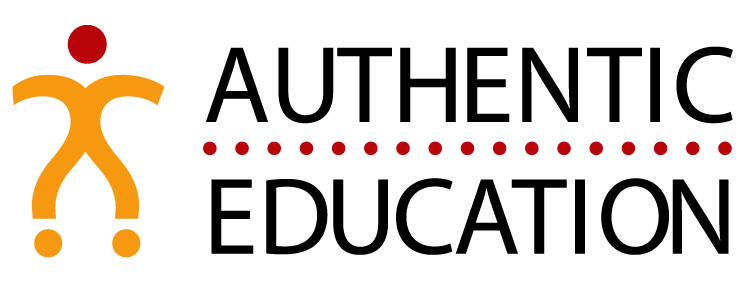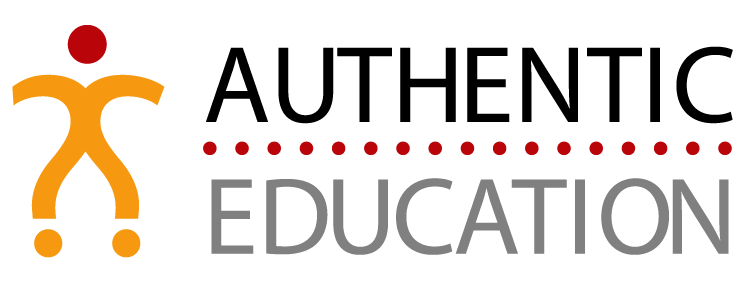Many commenters on my piece about VAM accountability asked for me to propose an alternative. Here it is:
When I think about a sensible accountability program, I think back to my experience as a teacher at Buckingham Browne & Nichols (BB&N), a prep school in Cambridge, MA. I was a graduate student at Harvard in the 1980’s, and wanted to make a few bucks as well as keep teaching. So, the good folks at BB&N hired me to teach a section of English and coach girls’ soccer – all of which kept me sane and feeling useful while in the throes of being a lowly Ed. School student.
BB&N had a state of the art teacher performance appraisal system back in the 80’s (we’ll need current or recent folks to tell us if it is still operating this way). Every teacher at BB&N was evaluated by peers as well as supervisor (in most cases, the supervisor was your Dept. Head at the Upper School where I worked). The person being evaluated chose a colleague within the department as well as someone outside of the department (along with the Dept. Head). It was everyone’s obligation to visit 3-4 classes and have pre- and post-observation conversations about what they saw, look at lesson plans and student work, then write it all up for consideration by the Dep’t Head and Headmaster. In addition, the person being assessed would write up a lengthy self-assessment as to strengths and weaknesses, and offer any commentary on the write-ups by the appraisal team. As I recall, there were no hard and fast criteria or rubrics that had to be used. The teacher being evaluated could actually propose some of the criteria and evidence to be used.
In my 3 part-time years at BB&N I was evaluated once and did one peer evaluation at the request of a colleague in the English Dept. I found it an uplifting, collegial and educational experience each time – more so, oddly enough, when I was a peer assessor than when I was being assessed. Because as I soon came to learn, once I became a researcher-consultant, having to observe and give feedback on other people’s teaching is vitally important for developing perspective and critical skill in dispassionately judging the effects of teaching. Having to assess the work of others makes you a more reflective teacher, better capable of self-assessing and self-adjusting your own work. It forces you to become far more discerning at distinguishing good intentions from actual results.
In my few years at BB&N, a few teachers were let go based on this process. By my recollection, there were no hard feelings and everyone agreed – including the person being let go – that the job just wasn’t working out.
This all seems to me like a sound basis for a professional evaluation system, one which, over the long haul, also builds a kind of collegial capacity for analysis and reflection on practice.
Toward a more professional accountability system
Let’s then generalize, to lay down some criteria by which a valid, collegial, and effective appraisal system can be designed and critiqued.
Based upon my criticisms of the VAM system and my own experience with the BB&N system, I would propose the following criteria as being far more professional and useful than most current systems on the table:
- Peer review should complement supervisory review
- The teacher should be able to propose evidence of success beyond the ones proposed by the state, district and supervisors in order that the picture be rounded out and the teacher in question feel ownership of (at least some) of the evidence used in the decision
- Teachers should be able to respond in writing to the draft evaluation
- Evidence should include not merely teaching skill but unit-design, assessment-design, grading, and feedback giving abilities (since those are hallmarks of good teachers)
- Teachers should be required to explain 3-4 brief clips of video of their own teaching, chosen by them to show what they believe to be both their strengths and weaknesses as teachers.
- Value-added considerations should include pre-tests and post-tests developed and implemented by each teacher (to ensure full ownership of these results). Teachers should be required to comment on the rate of progress.
- Some portion of the evaluation should include a written statement by the “team” that the teacher most often works with (grade-level team, department) as to their abilities as a team player.
As I have repeatedly said, I believe strongly in the value of formal accountability systems. The Board, parents and students have a right to it; and it is in our interest as the person being evaluated to know where we stand vis a vis effects vs. good intentions – everyone needs feedback and ought to have to respond to it. That’s how we all improve the most. But most of the heavy-handed systems being promulgated now will do little to improve teaching. Indeed, it will make people more timid, less creative, and more inclined to confuse good intentions with actual effects. Ironically (given how many people like to bash the ‘corporate’ quality of accountability), as Joe Nocera points out in an excellent piece in the New York Times, most businesses have far more professional and collegial appraisal systems than schools typically do: the top businesses have systems more like those of BB&N than that of NY State. So, what does that tell you? It tells me that hypocrisy and ignorance are in the air. It is the height of hypocritical arrogance for DoE folks and lawmakers to pounce on these current VAM systems as if they were models. No modern company uses such a capricious ham-handed system as what the states are racing to develop. I’ll leave it to readers to pursue questions as to why we are racing to the bottom in teacher accountability.




One response
This sounds very much like sound assessment practice for students. In fact, it is precisely what we suggest, that students peer-as well as self-assess. Sadly, the current culture in many, many schools precludes this happening. I once tried to implement an alternative approach to teacher evaluation, one of the options being action research and another being ongoing critical friends review and conferencing. A statement I recall well: “We don’t do administrator’s jobs for them. It is our job to teach, their job to evaluate”. My pleas to consider this as professional growth rather than evaluation fell on deaf ears. In fact, in the plan the administrator still conducted the end-of-year evaluation.
What you propose could easily occur at one of the schools I work with, as the staff is already highly collaborative and mutually supportive. Alas, even there union issues might arise.
So, now the question becomes a chicken-or-the-egg question.
Yes, this approach would most definitely be beneficial, but does an approach such as this create the culture of professional collaboration and growth, or is it the culture we must first develop?